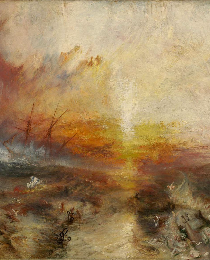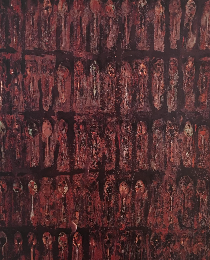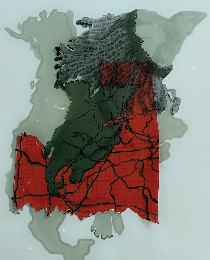
Abolition : Jochen Schmon

Abolition : Jochen Schmon

Resentment : Clover Reshad

Resentment : Clover Reshad

Dandyism : Italo Alves

Dandyism : Italo Alves

Time : Emile Ike

Time : Emile Ike

Social Structure : Aaron Berman

Social Structure : Aaron Berman

Fetishism : Allan M. Hillani

Fetishism : Allan M. Hillani

Spontaneity : Maya Kronfeld

Spontaneity : Maya Kronfeld

Contre- : Bernard E. Harcourt

Contre- : Bernard E. Harcourt

Literature : John Cayley

Literature : John Cayley

Exposure : Erin Graff Zivin

Exposure : Erin Graff Zivin

Imperception : Alex Moskowitz

Imperception : Alex Moskowitz

Performativity : Bonnie Honig

Performativity : Bonnie Honig

Domestic Violence : Barbara N. Nagel

Domestic Violence : Barbara N. Nagel

Like : Jacques Lezra

Like : Jacques Lezra

Dreadlocked Logics of Impossibility : Janine Jones


